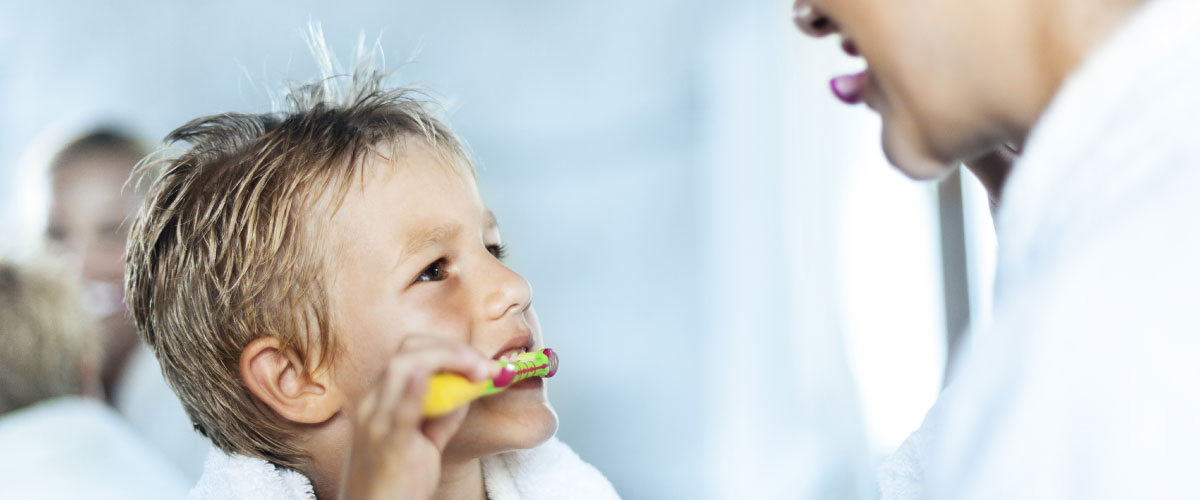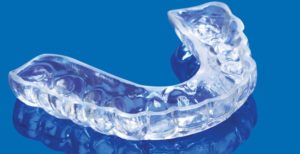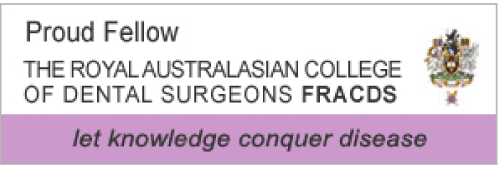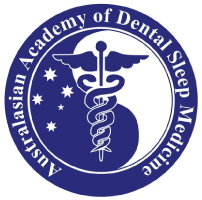Do you get tension headaches?
Have you woken up with cuts in your mouth or on your tongue?
You may be grinding your teeth while you sleep.
Teeth grinding (bruxism) refers to the excessive grinding or clenching of teeth other than for chewing food. While most people grind their teeth from time to time, it creates problems if you grind your teeth regularly. Studies show that forces generated from bruxism can be as much as six times the maximum force generated by your normal chewing.
Many people who grind or clench their teeth do so when they’re asleep. This involuntary action while sleeping may only be picked up if your dentist sees worn enamel on your teeth or if your bed partner tells you that you grind your teeth.
Consequences of teeth grinding
Many people suffer from bruxism unknowingly which can lead to:
- Shortened and worn down teeth
- Fractured and broken teeth or restorations/fillings
- Sensitive teeth
- Headaches
- Strain on the TMJ (temporo-mandibular joint, your jaw joint)
- Jaw joint pain or ear pain
- Enlargement or prominent jaw muscles
Bruxism in combination with the presence of acid reflux or frequent consumption of acidic beverages (such as wine and many sports drinks) can compound the effects of wear and tear on your enamel and dentine.
Causes of bruxism
It’s still unclear why people grind their teeth during sleep. Popular theories include stress, anxiety and sleep breathing difficulties. Emotional, physical and medical stresses may cause bruxism. Studies have shown a large percentage of bruxism may be caused by stress or anxiety.
There is a growing body of evidence showing that teeth grinding is associated with sleep related arousals. People who grind their teeth often have existing sleep breathing disorders such as snoring and sleep apnoea.
Breathing can slow down or stop during sleep as a result of relaxation and collapse of the tongue and throat muscles. When the oxygen levels in the blood diminish, the body’s natural defence mechanism clenches the jaw and tightens the muscles of the mouth and throat. This moves the lower jaw forwards to open up the airway. Moving the lower jaw forward repeatedly during sleep may be the root of abnormal sleep arousals such as gasping, sleep talking and grinding teeth.
For many years’ dentists thought that bad bites, mal-aligned teeth or TMJ disorders contributed to the grinding habit. There is little evidence to support this popular belief.
 What treatments are available for bruxism?
What treatments are available for bruxism?
If you’ve been told that you grind your teeth as you sleep there is a solution. You can protect your teeth from the damaging effects of bruxism by wearing a custom made occlusal splints. These removable devices are worn at night give:
- Your chewing muscles an opportunity to relax while you sleep, and
- Protection to your teeth and jaw joints from the adverse effects of teeth grinding.
If we suspect you have a sleep-breathing problem we will refer you to with an ENT Surgeon or Sleep Physician for an assessment. After diagnosis, it may be recommended that you wear an appliance known as a Mandibular Advancement Splint.
There are numerous types of splints available. At Mosman Village Dentistry, we work closely with experienced dental technicians to customise a splint with specific for your needs. This individual approach is the best method to making comfortable occlusal splints that help you to be symptom-free in the long term.
Teeth Grinding in children
If your child grinds their teeth as they sleep it may be related to breathing difficulties. We assess your child’s shape of the palate and the size of the tonsils to find out if there are any airway issues, such as snoring and sleep apnoea.
Unfortunately, some children who grind their teeth continue to grind into adulthood. As one of the irreversible consequences of bruxism is the wear and tear of the enamel and dentine, it is important to continually assess the damage. If necessary, we may make a soft mouth guard to protect new adult teeth as they come through the gums.


 What treatments are available for bruxism?
What treatments are available for bruxism?


